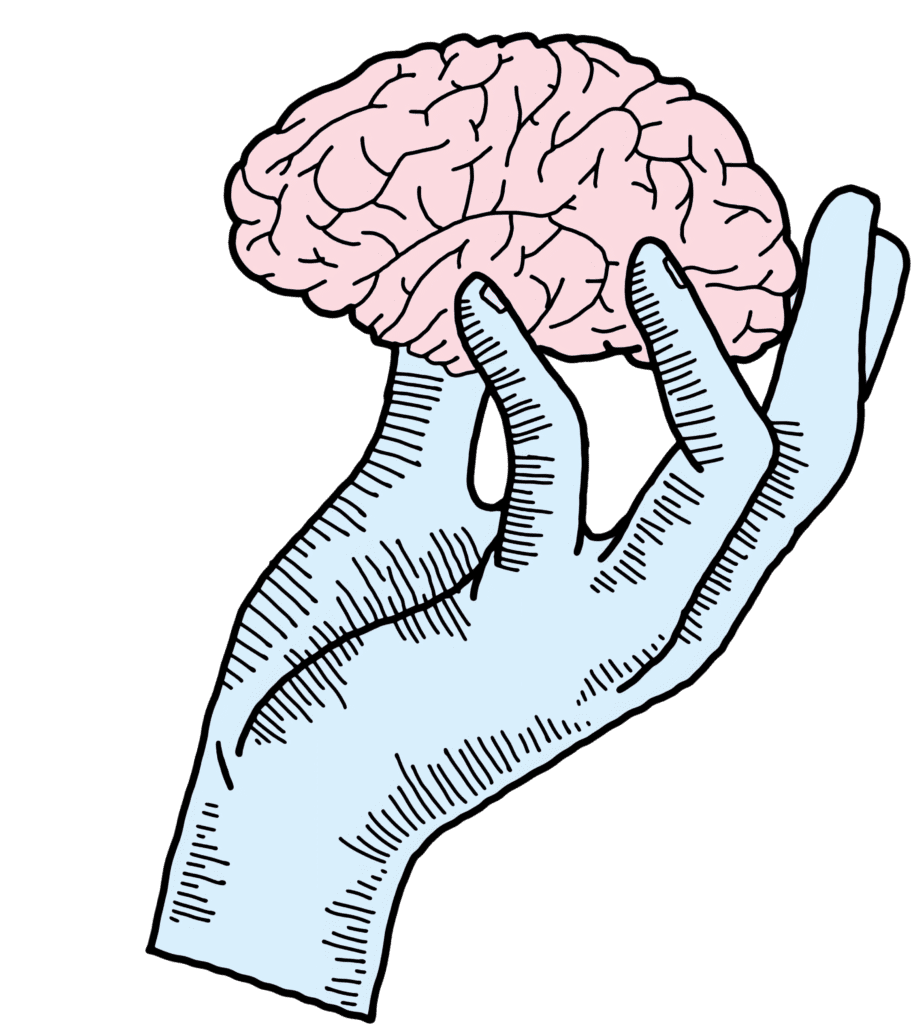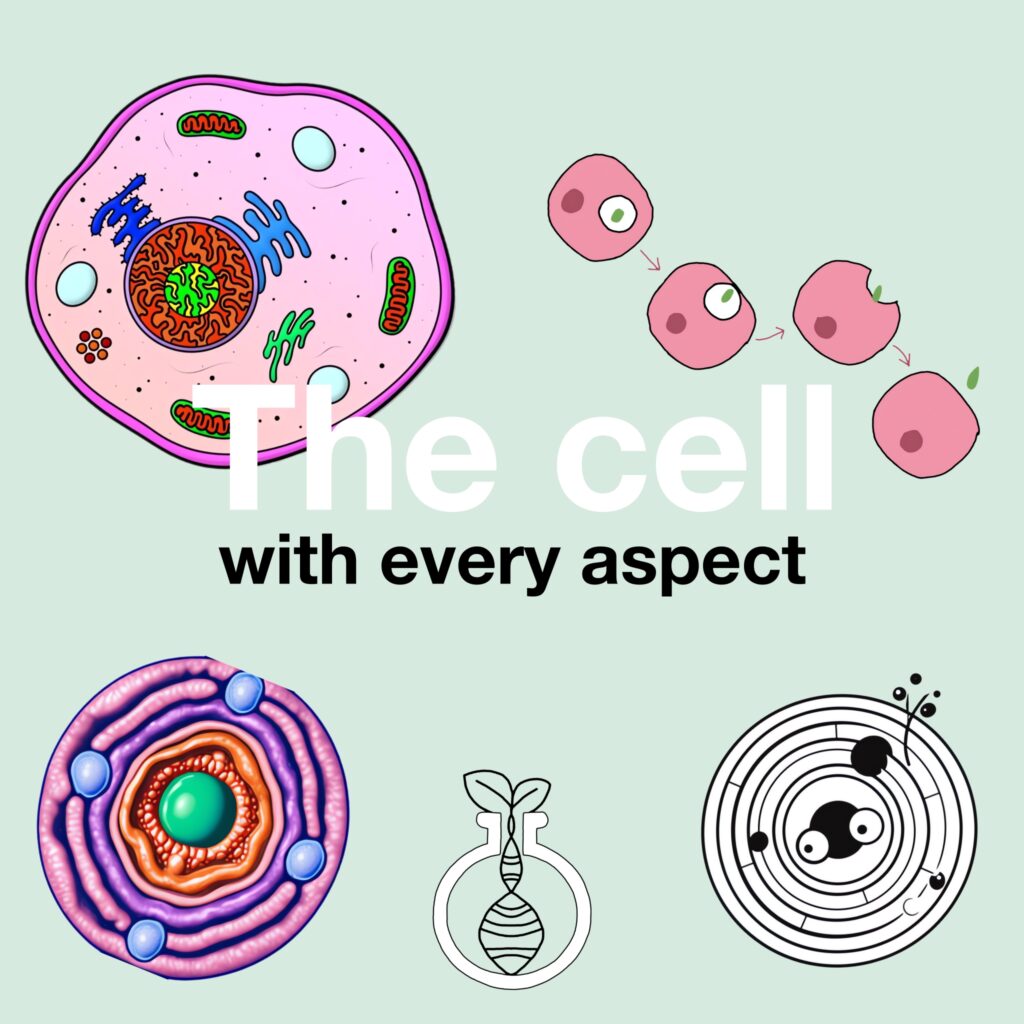The subconscious and the sixth sense.. One is like an ocean that disappears deep inside, while the other is like the waves that form indistinctly that give direction to it. Do you think these two concepts reveal different faces of the same meaning? Let’s take a look at the complex surface of the connections between these two words.

Subconscious: The Brain’s Hidden Data Storehouse
The idea of the subconscious is that it is a data storage facility where memories, feelings, and thoughts are collected and stored without the brain’s conscious knowledge.
Of the millions of impulses our brain receives every second, only a small percentage reach our conscious consciousness. From a neurobiological perspective, the remaining information is processed in brain areas associated with subconscious functions, including the core parts of the limbic system, the hippocampus, the amygdala, and the basal ganglia. Emotional and cognitive residues of previous experiences are stored in these structures and manifest as reflexive actions, routines, and intuitive responses.

The impulses or reactions an individual gives to his or her environment are guided by the subconscious. Unconscious actions are usually quick and effective. They are the result of actions taken by the individual without thinking. The subconscious also plays an important role in the formation of acquired habits and behaviors; it controls the brain’s habitual thought and movement patterns through the basal ganglia.
When we apply the concept of the subconscious to daily life; The familiarity of the faces of people we pass on the street or the feeling that we have been there before in a place we go to is realized thanks to a cluster of experiences that our brain has stored in its memory without us realizing it. While our brain unconsciously records small details in its data storage, that vast storage; sometimes like an invisible wind whispering in our ear, it will blend memories, experiences or thoughts and keep reminding itself by circling around in our head.

The Sixth Sense: Symphony of Silence
The sixth sense, although not scientifically proven, is an internal perception that people feel unconsciously or irrationally. From a neurobiological perspective, the concept of the sixth sense allows the brain to quickly analyze data beyond conscious awareness in line with previously experienced and learned senses, thanks to the limbic system, especially the amygdala and hippocampus, and to make decisions accordingly. While the amygdala plays a role in regulating emotional reactions that occur outside of consciousness, the hippocampus is responsible for learning and memory, which is called memory, and enables memories to transition from short-term to long-term.

In addition, the prefrontal cortex helps the individual think quickly by combining all conscious and unconscious processes. Neurotransmitters (dopamine, serotonin, noradrenaline, etc.), electrical transmission between nerve cells, and the dynamic interaction of brain networks form the basic biological framework of these activities. The biological processes that help develop the sixth sense include proprioception, which controls spatial awareness, and interoception, which allows for the perception of in-body sensations.
To explain this situation with an example, sometimes when someone you don’t know comes to you, you feel uneasy and as if danger is approaching. An inner voice warns you and this situation convinces you that your sixth sense is activated. Then you notice the disturbing behavior of this person you don’t really know. In fact, the reason you feel this way is due to the clues your brain quickly catches. Very subtle clues such as the tension in the eye muscles or abnormalities in body movements as the frightening person you don’t know approaches you are quickly analyzed by your brain’s subconscious. The hippocampus compares these clues you catch with your past experiences and the environment and reaches the conclusion that they are a potential threat. These intuitions cause fear and anxiety to arise with the survival instinct and cause you to feel this way.
The concept of the sixth sense, this inner perception that is the result of intuitive, illogical and rapid perception, sometimes allows us to reach the real truth when it is correct: Our brain is far beyond everything, without us realizing it.

The Sixth Sense and the Subconscious Mind: The Depths of Mental Processes
The subconscious mind and the sixth sense have different purposes in expressing perceptions beyond our conscious awareness. While the subconscious mind is the ocean overflowing with deeply hidden memories, thoughts, and experiences, the sixth sense is a wave full of rapid but equally effective intuitions that analyze the subconscious mind’s environmental cues.
“The sixth sense is like a silent scream of the subconscious; sometimes a warning that is whispered silently into the ears, sometimes a truth that is revealed.”


I am Damla Aras. I am a third year student at Marmara University Bioengineering. I aim to find answers to questions that arouse scientific curiosity and raise awareness in these areas by writing articles on biotechnology, genetics and biology on the Biyologyto platform. I present complex scientific topics in a simple and engaging way by blending knowledge with daily life, and I aim to be a source of both information and inspiration for readers.





